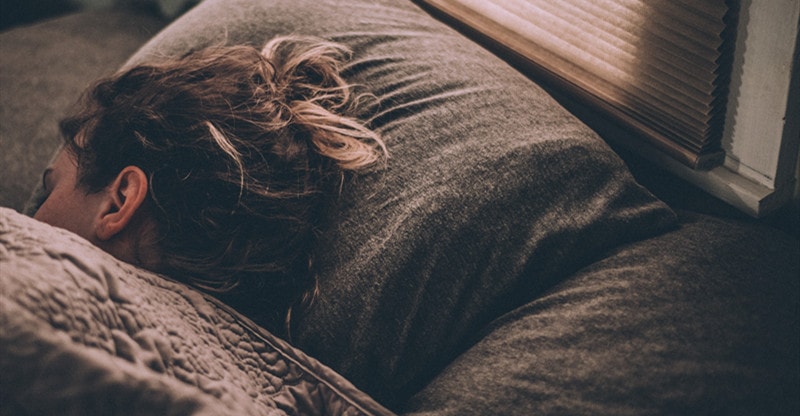Five Things to Help You Sleep Well
If you’ve never had trouble sleeping, you won’t know how a lack of sleep can affect your day to day life. Insomnia is a recognized medical condition that can have many causes, and it can be a chronic lifelong problem, but for many people, not being able to sleep can be something that arises out of the blue.
When you have a lack of sound sleep, it can cause knock-on effects for both your physical and mental health. It can impact your own life and also of those around you.
Thankfully, there are some tried and tested methods you can use to help solve this problem, and they’re simple to put into practice, often bringing fast results.
1. Screen Time
Although it’s a relatively recent cause of sleep problems, the science behind screen time issues and insomnia goes back to the early years of humankind.
Generally, our internal body clocks are set by the hours of daylight and darkness, because in early times, human activity was severely limited at night. Melatonin is a hormone produced in the brain, and it affects our sleep cycles and is often used in its pharmaceutical form to combat the effects of jet lag.
Quite simply, artificial light can trick the brain into thinking that it is still daytime and therefore disrupts the part that melatonin plays in getting us to go to sleep. Looking at a laptop, tablet, or smartphone screen before you go to bed can have this effect, so limiting exposure an hour or so before you turn in can work.
2. Coffee
Coffee can be a great ‘pick me up’ that helps you stay alert and aids concentration during the day. At night, however, it can stimulate the body too much and cause sleeping problems.
Caffeine is the active ingredient in coffee and other drinks such as colas that causes this chemical effect, and so it is best avoided at night. Alcohol can have the same effect for some people, although others swear by a ‘night-cap’ to help them drop off.
3. Stress
Being anxious or stressed is a sure-fire way to cause disruptions to your normal sleeping patterns. If you’re worried about something and are continually churning it over in your mind, it is naturally going to have an impact on how easy you find it to go to sleep.
There are many things you can learn about how to control anxiety by using online tools and resources that will give you all the information you need. Once you have identified stress as a root problem for lack of a good night’s sleep, you can then take positive actions to make changes for the better.
Not only will this help you get to sleep, which in turn will make you feel better about things the next morning, it will also help you focus on finding solutions to the problems causing you to worry.
4. A Good Bed
It might sound too obvious to mention, but if your bed is uncomfortable, it is going to cause you problems when it comes to sleeping.
What we usually think of as a ‘bed’ is two main components acting in harmony, a frame, and a mattress. The frame needs to be sturdy and firm enough to support your weight without any movement or ‘give,’ whereas the mattress that goes on the frame should be supportive but also offer enough comfort levels to enable untroubled sleep.
This is where things often get personal because what suits some people wouldn’t be the choice of others. Mattresses come in many sizes and materials, and it’s down to you to choose which is best.
A mattress that is too short for a tall person will cause problems, as will one which is too narrow for more than one person to share. Other aspects of mattress construction, such as spring interiors, latex foam, or high tech memory shaping materials, all need to be considered.
5. Set the Scene
A good night’s sleep isn’t just about getting rid of stress and stimulants and making sure you have the right bed. It also needs to take into account the bedroom environment as a whole.
If you have light pollution from outside, say perhaps a streetlamp directly outside the window, you might need to invest in blackout blinds or curtains. Failing that, you can use one of the many different nighttime blindfolds that are available and which can be just as effective.
Likewise, with outside noise disturbances. Sometimes there is nothing you can do about it if you live in a lively neighborhood or next to a busy intersection, so once again, making sure that your room is acoustically dampened such as by installing double glazed windows can be a solution. Even easier and far cheaper is to buy some earplugs!



